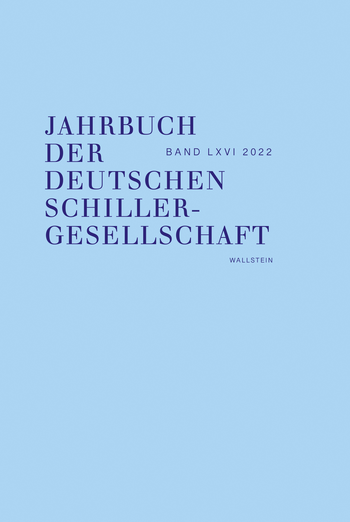

In 2006, Elfriede Jelinek wrote a play in which Ulrike Meinhof and Gudrun Ensslin appeared on stage in interaction with Mary Queen of Scotts and Elizabeth I. By referring back to Schiller’s ‘Maria Stuart’, ‘Ulrike Maria Stuart’ raises questions about the female role and voice within history on the one hand, but also in literary history on the other. How much agency does the woman have in the story? How does historiography deal with femininity and violence? How is historical knowledge conveyed in historical theater? How does historical theater deal with women and what is its relationship to the political discourses of its time? Jelinek’s intertextual return to what is probably the most important German-language history play in connection with the two women at the head of the RAF formulates historical-theoretical questions which – according to the thesis of the following article – also deal poetologically with aspects of historiographical interpretation in historical dramas and the responsibility those plays may withhold towards a collective and cultural memory.